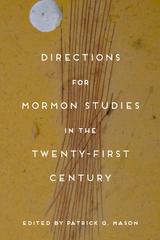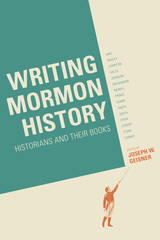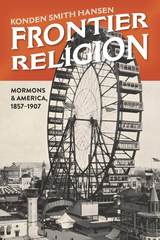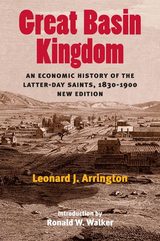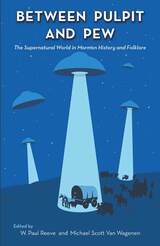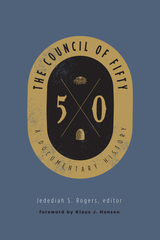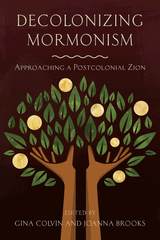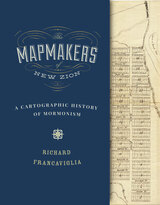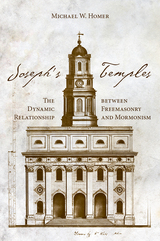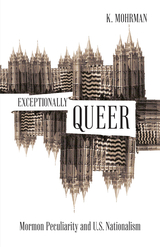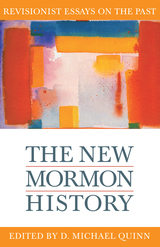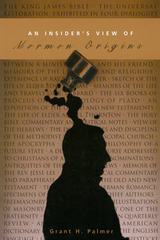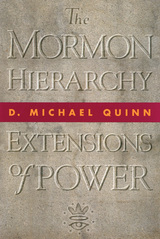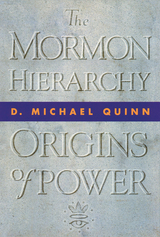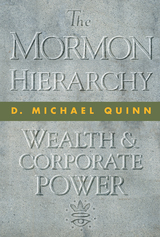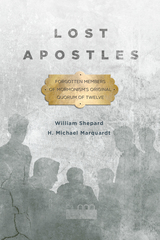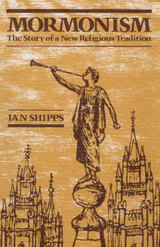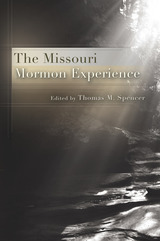Cloth: 978-0-674-77970-9
Library of Congress Classification BX8611.L46
Dewey Decimal Classification 301.58
Mark Leone comes to new conclusions about the evolution of Mormonism, both as a self-sufficient religious sect and as a movement within the broader context of American history. Applying the tools of anthropology for the first time to this subject, he identifies the features that have allowed an outcast utopia of the nineteenth century to achieve worldwide success in the twentieth.
The author explores the ways in which a minority survives in a hostileenvironment, both physical and cultural. He focuses especially on theMormon settlements of eastern Arizona, whose rich records reveal inmicrocosm the workings of a modern theocracy. The early Mormon radicalism emerges as an appropriateresponse to contemporary conditions. With the shift of Mormonismfrom independence to colonial statusat the turn of the century, Mormonideas begin their transformation toconservatism, again illustrating theflexibility that is a key to thereligion's stunning success.
Leone's broad range ofsources, including diaries, nativehistories, judicial records, and correspondence, gives a full picture ofMormon life and history. He has alsodone extensive ethnographic fieldwork in the Mormon settlementsalong the Little Colorado River, so asto be able to describe the movementin its own terms.
See other books on: History | Latter Day Saint churches | Modern Mormonism | Roots | United States
See other titles from Harvard University Press



